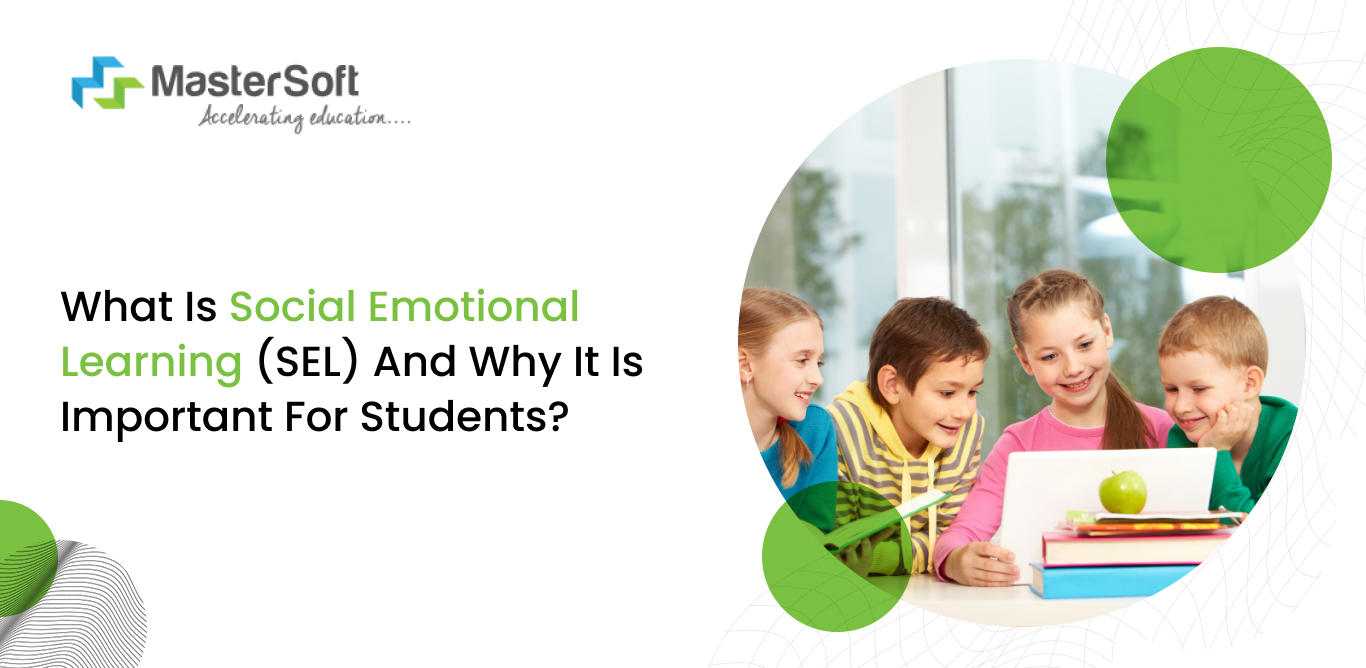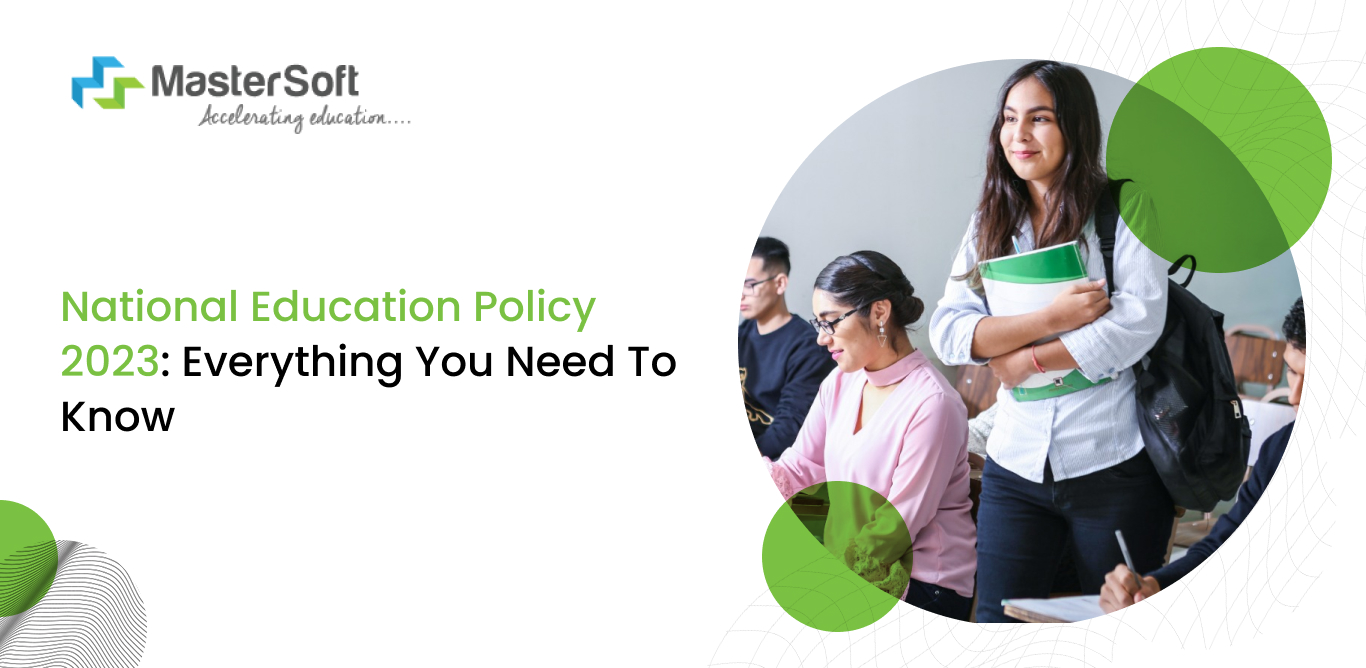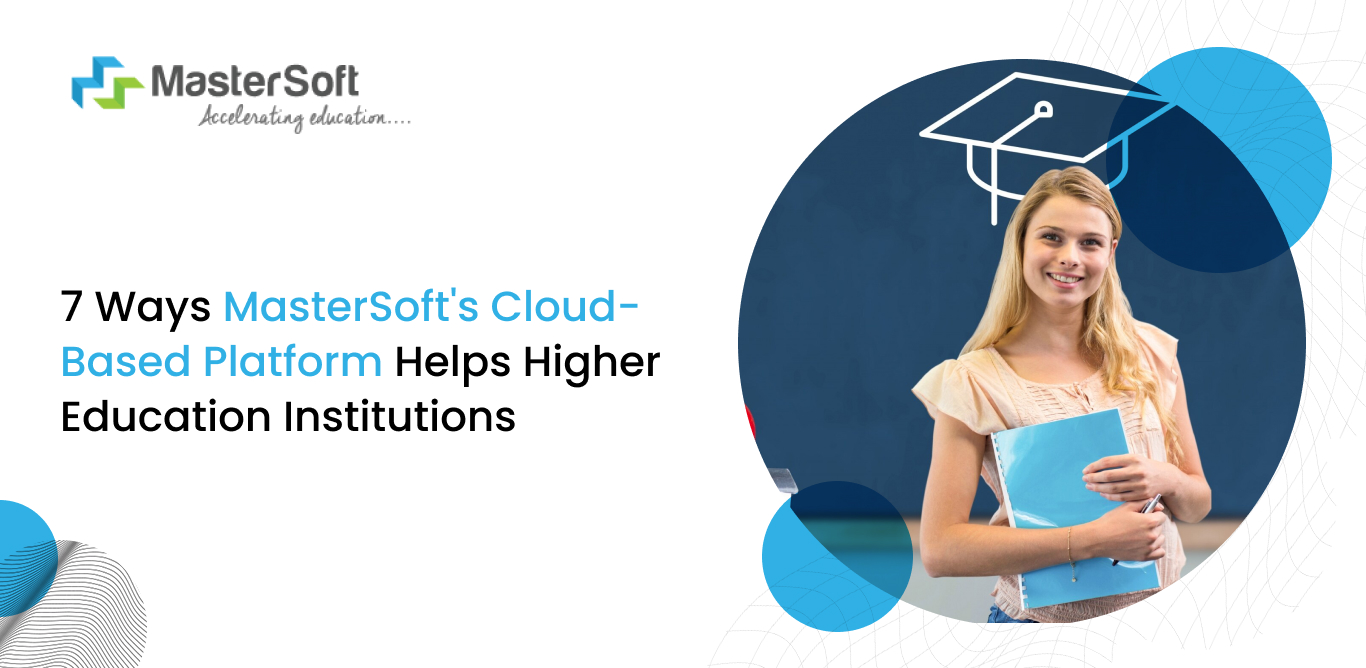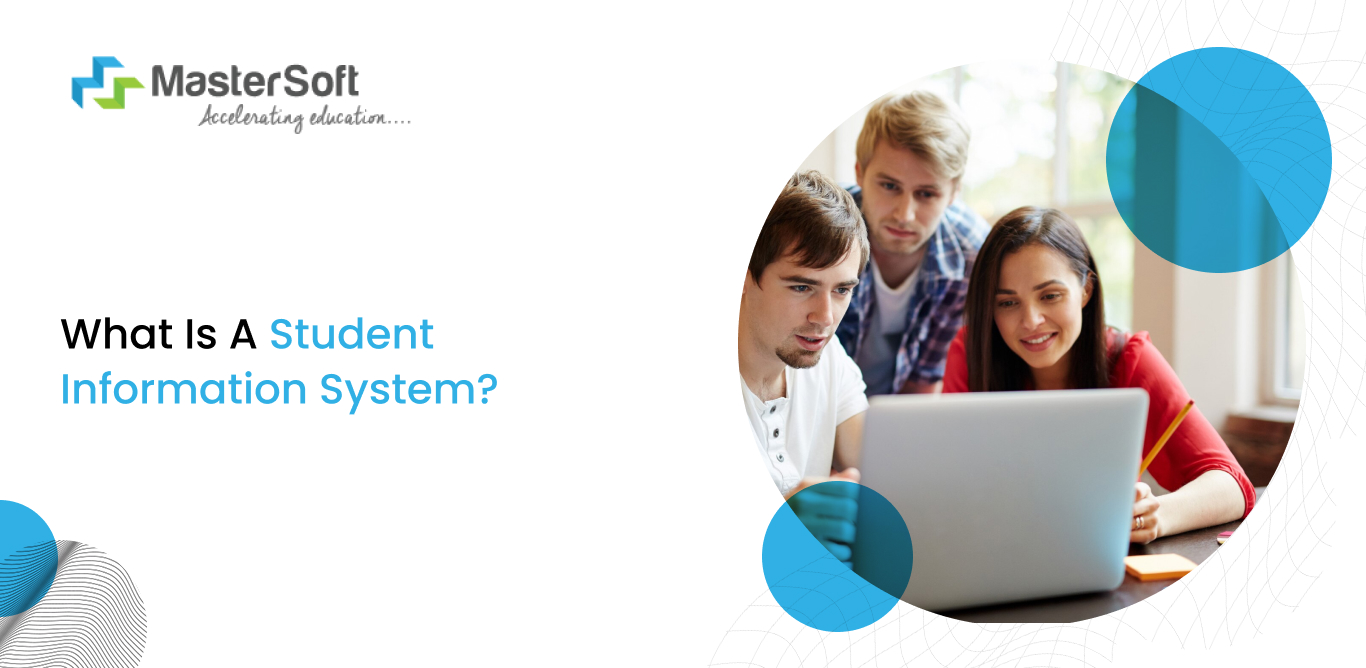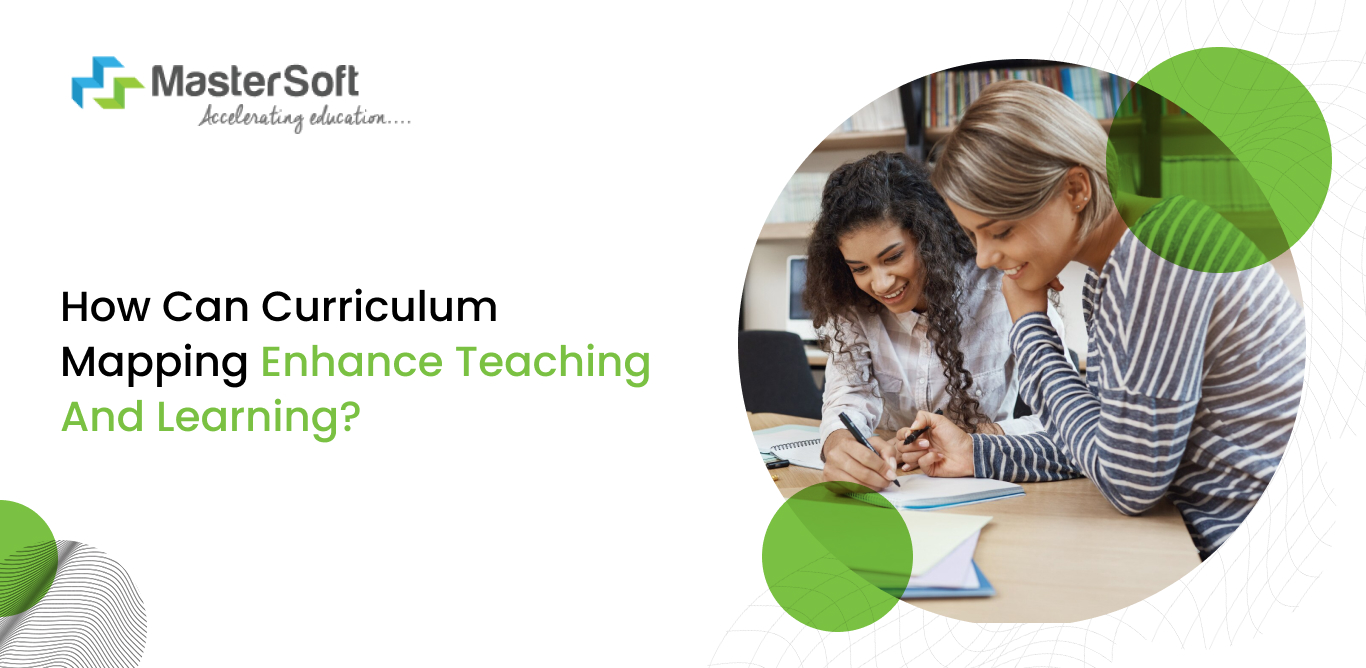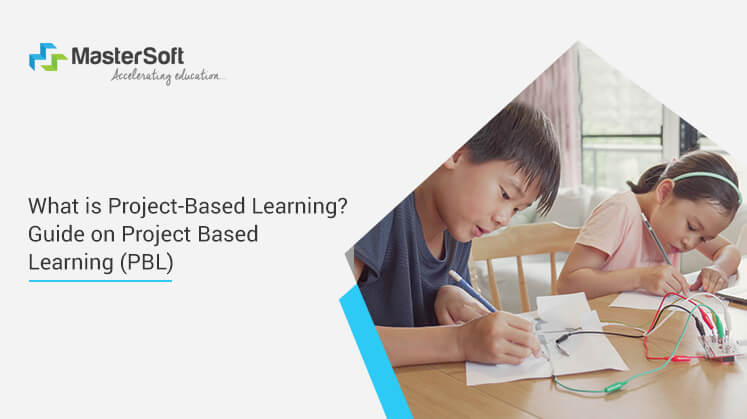Updated On 27, Feb 202
“Success is not final, failure is not fatal: It is the courage to continue that counts.” - Winston Churchill
This brilliant statement from one of history's greatest thinkers accurately captures the essence of a life lesson. It conveys that neither success nor failure is definitive, and this is applicable in the realm of education too. Education is not a goal to achieve but rather a lifelong journey of daily improvement; what matters is the determination to carry on. Education encompasses not only academic advancement but also social-emotional learning (SEL).
Through this quotation and clarification, I sought to convey that education includes far more than what is evident. This blog will discuss social and emotional learning, its effectiveness, and methods for incorporating it into the lives of all students. Let’s get started.
What is Social Emotional Learning?
Previously, the psychological development of students was frequently neglected, and their exam scores were the only criteria for assessing their success. But times are changing, and the education system is increasingly focusing on students' overall development. Social and emotional learning is equally essential as academic knowledge. This pedagogical strategy equips students with the abilities to handle their feelings, cultivate positive relationships, and make sound decisions. These abilities assist them in dealing with the intricacies of work, school, and life. They are just as crucial as any academic subject.
SEL comprises five essential components, all of which play a crucial role in a student's development.
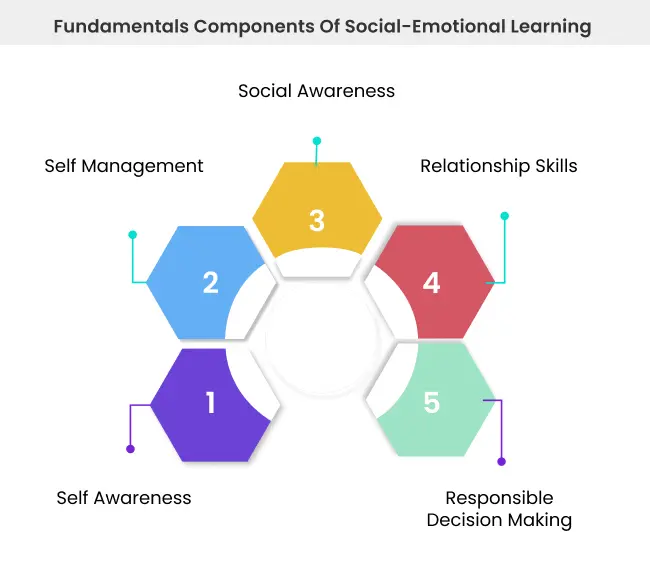
Self-Awareness
The primary and most vital element of SEL is the necessity for students to cultivate self-confidence in order to move forward. These skills help them control their own emotions, develop a growth mindset, and recognize their emotional triggers.
Self-Management
It is not the same to recognize feelings and to deal with them. Once they recognize their emotions, they need to develop more effective management strategies for them. Methods such as yoga and breathing exercises can support them in regaining their composure. Nevertheless, children lack a lifetime of experience with such techniques, so it is crucial to instruct them in these methods.
Social Awareness
Once they are ready to manage on their own, it is time for them to broaden their perspective. Having social empathy and understanding can make a significant difference. Encourage students to empathize with others and grasp the difficulties they encounter. This will assist them in empathizing with others and appreciating diverse perspectives.
Relationship Skills
They cultivate empathy and understanding through social awareness. This establishes the basis for building robust relationships. Students learn to practice abilities such as effective communication, empathy, and conflict resolution. This results in them being equipped with skills that foster the development of healthy relationships.
Responsible Decision Making
Decision making is a skill that involves understanding the consequences and possibilities across various domains. By making decisions, the students become more confident and equipped to face real-life challenges.
What Is Blended Learning? Types And Benefits Of Blended Learning
Why is SEL Effective?
The effectiveness of social and emotional learning is already measured by the many researches done. The research trials focused on the impact of social-emotional learning and came up with the below results:
- 20% improvement in reading
- 18% improvement in affiliation with good friends
- 85% reduction in disciplinary referrals
- 62% reduction in violence
- 51% reduction in bullying
- 17% improvement in honesty
Benefits of Social and Emotional Learning
Students with better social and emotional learning are happy and healthy. They perform academically well and they need less disciplinary intervention. The benefits reaped from SEL in schools, families and the community are:
Schools
SEL provides students the necessary skills to manage their emotions and then make better decisions in life. For example, if two students get into a conflict and come to you for resolution then you can remind them the conflict resolution strategies they have learnt. This will help them analyze the situation themselves and resolve the conflict.
Families
Students develop their SEL from their homes itself before any educational institute. The skills learnt by them help them build strong relationships within the family. The parents can use these skills to build closer bonds with their children where they are open enough to share things without any hesitation.
Community
A strong community is built by healthy families and even stronger individuals. In a community, a society can flourish when individuals respect, share, and understand each other’s differences. The abilities acquired by students can help improve our society and make it a better place to live in the future.
Bringing Social Emotional Learning to Life in the Classroom
Integrating SEL in classrooms is not like adding up a subject in the curriculum. Instead, it takes effort from the teachers to create an environment where the students feel comfortable, safe and heard. Here’s how the educators can implement SEL in the classroom:
Create a Supportive Culture
The teacher should create a supportive environment in the classroom that promotes trust, inclusion and respect. Teachers can encourage a growth mindset where students are appreciated for the efforts and not just the results. Additionally, using inclusive language can make almost everyone feel heard and respected.
Starting with Emotional Check-Ins
Sharing their emotions at the start of the day may help the students tremendously. Small exercises like journaling for 5 mins in the morning or just writing down a few things to be grateful about could be helpful to them emotionally.
Incorporating SEL in Academics
SEL is not an academic subject but it can be incorporated in academics. The teachers can ask the students to analyze the characters of a lesson and assess them carefully. This will help them analytically and emotionally. They can also be taught the power of teamwork by assigning group tasks.
Teach Conflict Resolution
In a classroom or any social setting, disagreements are inevitable. Students should be asked to analyze the situation and step into the opponent’s shoes before drawing any conclusions. Role-playing common conflicts can help them gain perspective. You also need to encourage students to take deep breaths and count to ten to calm themselves down in case of a heated argument.
Implement Mindfulness
Teaching students some mindful techniques can help improve their focus and emotional well-being. Some techniques include breathing exercises, movement breaks and mindful moments.This further can help them manage anxiety.
Build Strong Teacher-Student Relationships
SEL is not just about self-development. It is also about creating strong, supportive connections between teachers and students. Teachers should take genuine interest in student’s lives apart from academics. If the students feel supportive and heard, they are bound to perform well, take risks and excel in whatever they do.
Want to Implement SEL in Your Institution?
By now, we clearly have an idea about the need for social and emotional learning in a student’s life. We now know that it is not just about scoring marks in an exam. It is also about how a student will live their life after their formal education is completed. It has to start early. SEL has to be inculcated in their lives from a very young age. That is how a strong society can be built.
We know initiating a change can be challenging but we, at MasterSoft are here to assist you. Our Learning Management System (LMS) is the ultimate tool you will need to implement SEL. Get in touch with us to know more!
Conclusion
Social-emotional learning is a vital part of a wholesome education that equips students with the skills to succeed in school, college, and life. It builds self-management, social awareness, self-awareness, responsible decision-making, and relationship skills. Consequently, it makes them capable enough to navigate challenges, foster strong relationships, and contribute to their communities.
However, institutes and educators require tools that can help them implement SEL in regular classroom sessions. That is where MasterSoft’s learning management system proves to be an appropriate solution.
Want to enhance students’ thinking abilities but don’t know where to start? Learn More
Mobile: 08448010216
Email:info@mastersofterp.com

